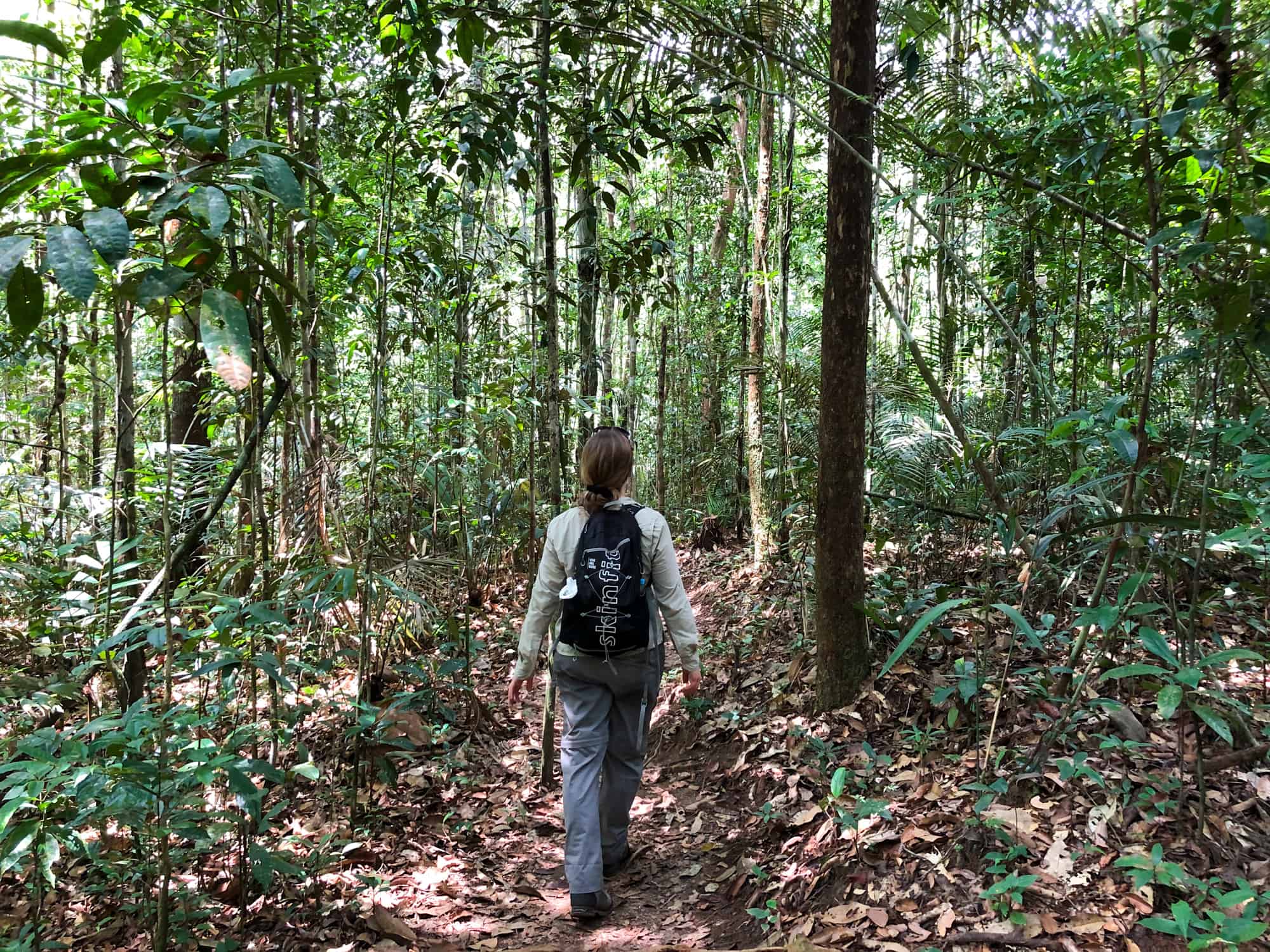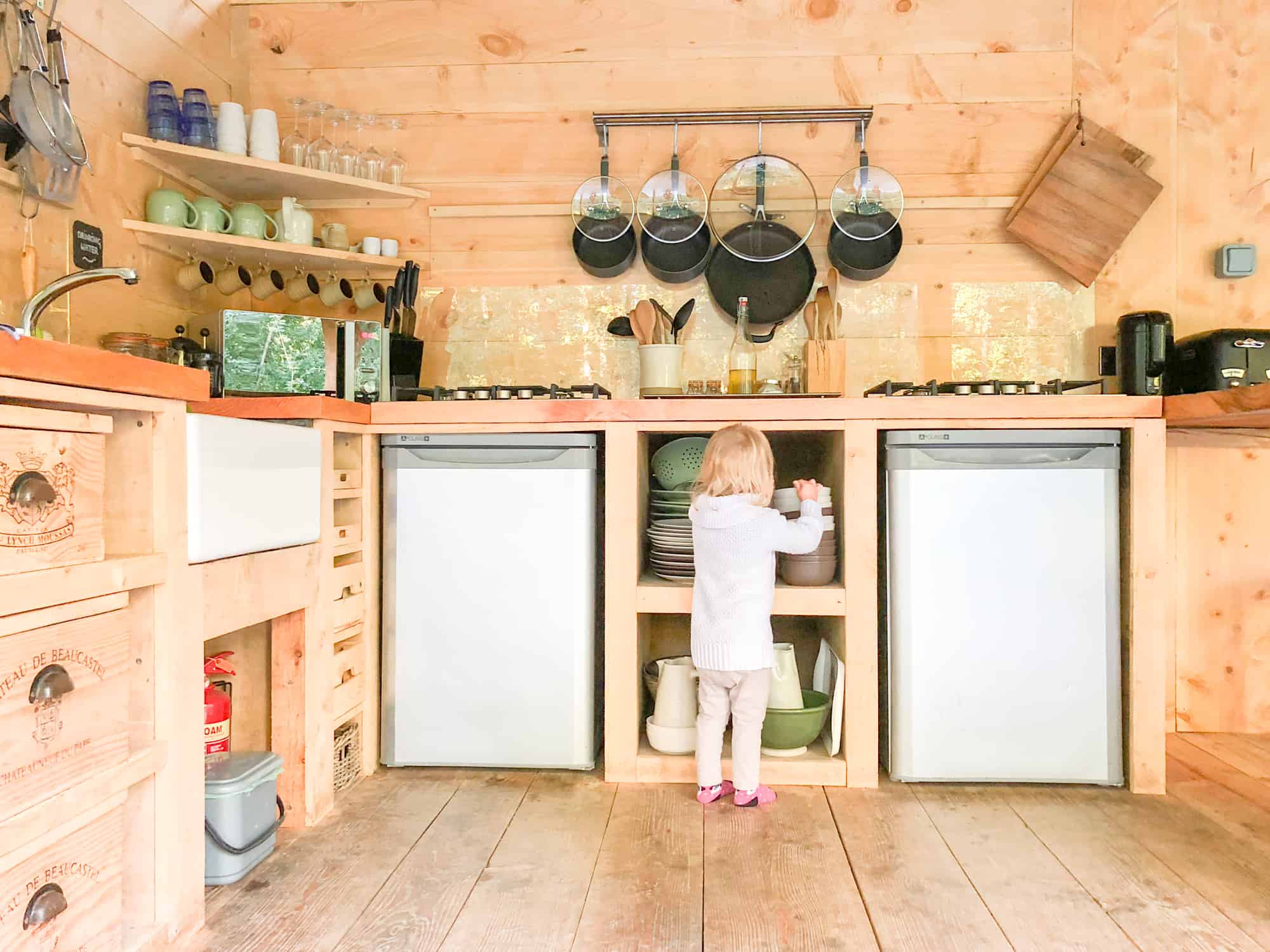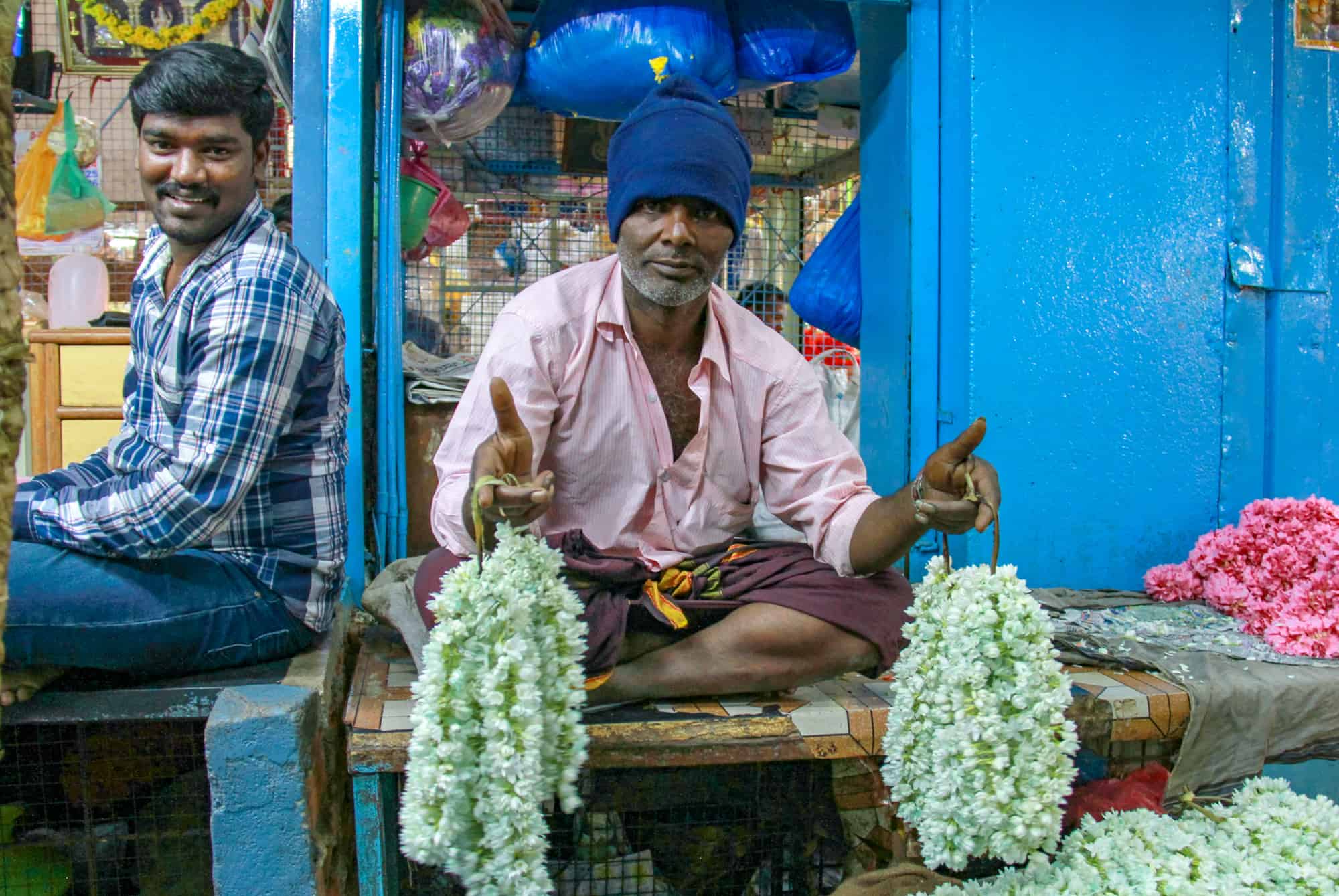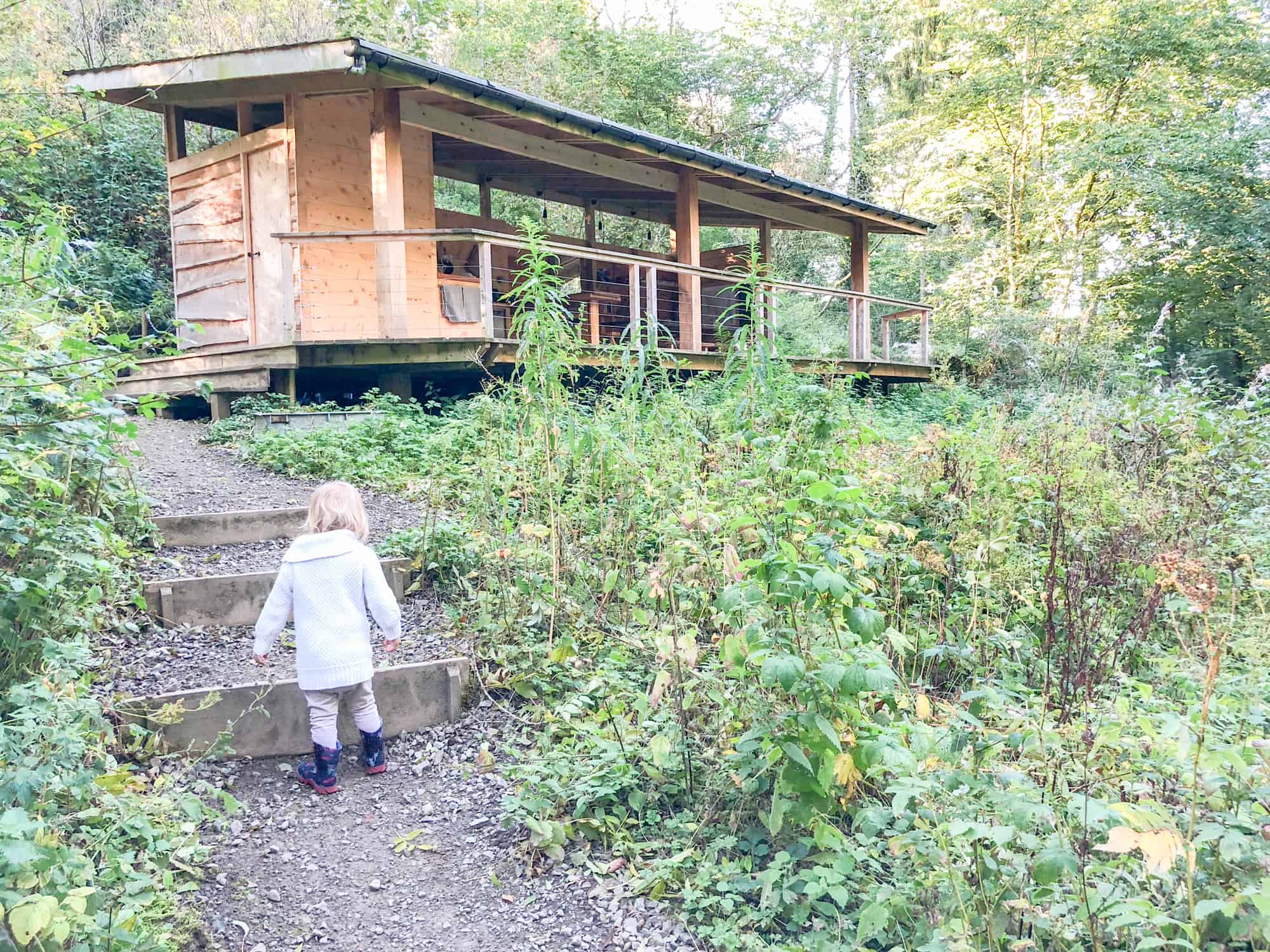Travel can be an amazing force for good in this world. But it can also cause a lot of harm. Here we discuss the idea of how to be a responsible tourist.

How to Be a Responsible Tourist
We can all probably agree on what makes a bad tourist. But how about what makes a good one? Even if you prefer to think of yourself as a traveller rather than a tourist, the question remains the same.
And it’s a question I’ve pondered for year after year on the road.
The Importance of Travel
Overall, people love to travel. Not everyone, for sure, but most people. When it comes to deathbed wishes, while no-one wishes they’d spent more time in the office, many, many people wish that they had travelled more. As a former doctor, I lost count of the times that I heard patients yearn to travel, tired and breathless, expressing their sense of loss at leaving the world unseen and unexplored.
Beyond the natural human desire to travel, sustainable travel brings many benefits. Not only do I believe that travel can be a force for good but I’ve built my life’s work around that concept.
The Good and the Bad
But I’m also realistic. The travel industry, and the tourists that come with it, can also cause everything from annoyance and inconvenience to deep suffering and harm.
So when Intelligence Squared and the World Monuments Fund invited me to join an expert panel to talk about “how to be a good tourist” the time seemed right to put my thoughts down in one place.
Here is my initial guide on how to be a responsible tourist. It’s a starting point, a cyber bookmark that I will add to month on month, year on year, bringing you more examples, more resources and more ideas.
But for now, it is a start.
I look forward to hearing your thoughts.
What is the Difference Between Responsible Tourism and Sustainable Tourism?
To most people, they sound the same and, to be honest, for most people, that’s as far as you need to go.
But for travel and tourism industries and organisations, there is a subtle difference.
Sustainable tourism talks about how tourism needed to be beneficial for the environment, the economy and the local and visiting populations. It refers to the industry as a whole.
Responsible tourism talks more about the actions taken by individual people, businesses and destinations as they try to create that important model of sustainable tourism.
It’s often put this way: that sustainable tourism is the strategy and responsible tourism, the tactics.
How to Be a Bad Tourist
Let’s face it, trying to be good can sound just plain dull. Sometimes, it’s easier to make a point by being bad. Here’s how not to be a responsible tourist.
- Dress inappropriately.
- Make no effort at all with local language and customs.
- Walk wherever you want without looking up or gauging reactions of people around you.
- Get angry if someone tries to explain something to you.
- Block pavements, group areas, escalators and generally be oblivious to people trying to go about their daily lives.
- Drop litter. everywhere.
- Smoke where you shouldn’t, drink where you shouldn’t, have sex where you shouldn’t. Smuggle drugs and other contraband items.
- Expect and demand food just like the kind you have at home. Complain if it isn’t there. In fact, complain a lot.
- Laugh and point at different clothes, customs, food, dance, the lot.
- Look bored and talk through important ceremonies, museums and processions.
- Try to steal important artefacts or wildlife and smuggle them home
- Ignore rules about what to put in the toilet.
- Ignore advice about what sunscreen or shampoo to use to protect the water and marine life.
- Make a lot of noise in nature reserves, bang the glass at aquariums and shine torches around delicate turtle breeding grounds.
- Ignore safety advice and then put other people at risk when you need to be rescued.
- March into someone’s house and treat it like a petting zoo
- Shove your camera in front of someone and continue to take photos of them even when it’s clear they don’t want you to.
- Feed animals all kinds of junk. Extra points if someone asks you to stop and you continue.
- Give children sweets or money on the streets.
- Press people to answer questions that invite them to criticise their government in places where that can lead to jail or worse.
- Pressure your guide to break the law on your behalf so that you can get a better photo/ experience/whatever.
- Don’t bother learning the rules of the road when you travel – just use the same rules as at home.
- When driving, be sure to ignore the speed limit and park to block access to people who live there.
- Use any pretty location as an instagram backdrop no matter whether it’s someone’s home or somewhere religiously significant or poignant.
- If in doubt, shout.
A Word About the Word Locals
Local communities, local food, local initiatives. These are all useful ways of describing people, cuisine and projects. Using just the word “locals” to talk about people is more controversial.
While some people relish the use of the word, others find it dehumanising, patronising and, depending on context, racist.
It’s a term I’m trying to weed out of my writing as I do not want to cause harm like that in any way.

How to Travel Responsibly
So, now that we’ve covered some real life obnoxious examples, we can start talking about how to be a responsible tourist.
Truthfully, there is no one perfect way. There is no way to avoid any and all problems except by staying at home. And, if you ask me, that is also irresponsible as it robs the world of the fundamentally important exchange which occurs when you mix populations and perspectives. I write more about that here, with these five ways that travel actually helps the planet.
But, there is a lot that you can do.

Prepare Before you Travel
Even before you leave home, you can take plenty of steps towards being a responsible tourist. Here are some starter ideas:
- Brush up on the local customs, especially around food and clothing.
- Learn a few words of the language. Start with hello, thank you, please and excuse me.
- Buy a reusable water bottle to cut down on plastic while on the road.
- Pack some reusable cutlery, whether bamboo or otherwise, to cut down on disposable single use items.
- Make sure you have reef safe sunscreen.
- Try to book accommodation in locally run places where possible, with eco friendly credentials.
- Make sure you take out adequate travel insurance.
You may also find this guide handy for preparing for an international trip.

Don’t Be an Ass
I hate to be so blunt, but simply put, don’t be an ass. Treat people how you would like to be treated and imagine that you live in the destination (and have to face people again) rather than are just passing through.
Read back through all the ways you can not be a responsible tourist and take them to heart. Most of them involve treating people with respect and behaving humbly when you are the one in a new environment.

Get Involved Locally
A key component of being a responsible tourist means that it matters where you go and what you do when you get there. Don’t just hide away in a huge corporate hotel or ship. Instead, try these ideas for getting to know the area, culture and customs.
- Visit markets
- Take walking tours
- Take a cooking class and share a meal
- Stay away from the tourist centres for sleeping and eating
- Walk off the beaten path. Here are some ideas as to how you can get off the beaten track.
- Visit places in small groups (ideally fewer than 8)

Try to Ease Overtourism
Overtourism, as the name suggests, refers to the damage done when too many visitors congregate in one place time after time, day after day.
While some of the problems are about the issue of crowds, others involve the erosion of local culture, the pricing out of local people from their homes and other infrastructure issues involving waste disposal and environmental damage.
Here are some tips to avoid the crowds. Use the other sections to find out more about how you can better engage with local communities.
- Get up early. Seriously, even in Venice and Petra, you can have the place to yourself if you get there first.
- Wander off the beaten track. Again, here are some tips on getting off the beaten path.
- Go in the off season.
- Only see the must-sees you really want to see.
- Consider staying in a nearby neighbourhood or city.
The Cape Town Declaration
Drawn up in 2002, the Cape Town declaration talks about responsible tourism as a model which:
- Minimises negative economic, environmental, and social impacts;
- Generates greater economic benefits for local people and enhances the well-being of host communities, improves working conditions and access to the industry;
- Involves local people in decisions that affect their lives and life chances;
- Makes positive contributions to the conservation of natural and cultural heritage, to the maintenance of the world’s diversity;
- Provides more enjoyable experiences for tourists through more meaningful connections with local people, and a greater understanding of local cultural, social and environmental issues;
- Provides access for physically challenged people;
- Is culturally sensitive, engenders respect between tourists and hosts, and builds local pride and confidence.

Reduce Your Carbon Footprint
As we probably all know by now, to combat climate change, we need to reduce our carbon footprints.
And the big issue here involves flights. It’s a controversial topic with no easy answers.
I mean, it’s an easy answer if you live somewhere with good public transport and plenty of paid leave from work and other responsibilities. It’s not so easy for everyone else.
Research from the aviation industry looks promising; it is likely that carbon neutral flights will become available within our lifetime. But right now, they are far from that.

Short vs Long Haul Flights
Given that most fuel is burned during take off and landing, as a gross simplification, short flights are worse than long haul per passenger mile. But long haul flights burn more fuel overall.
So, while some people have different guidelines, these are mine to help minimise this damage.
- Avoid short haul flights where possible
- Stay longer in a destination if possible
- Think hard before booking that flight
- Aim to reduce your carbon footprint in every other sphere of your life

Reducing Your Carbon Footprint Beyond Your Flight
Don’t forget that there are many ways to reduce your carbon footprint while you travel, such as:
- Walking instead of driving
- Ordering local food instead of imported food
- Closing doors and windows, switching off lights etc
- Using reusable water bottles, cutlery and so on
- Stay in an Eco-Lodge where possible
Your Carbon Footprint at Home
For most of us, we spend more time at home than we do travelling. When it comes to reducing our carbon footprint, for example, we can have a powerful impact on that at home as well as abroad.
While the aviation industry is responsible for around 2% of manmade carbon emissions, it is responsible for only 12% of total transport carbon emissions, while road transport contributes 74% of the transport total.
Added to that, the fashion industry contributes 10% of all carbon emissions (that’s right, more than flying and shipping combined) and the internet contributes 3.73% (again, more than flying.)
Now, these are not straight forward comparisons, of course. Everyone needs clothes while not everyone will take a flight each year, or even in their lifetime. But it does show that fighting climate change is about more than just aviation.
So, remember to do the basics like:
- Insulate your home
- Wear second hand clothes where possible
- Reduce, reuse, recycle
- Walk or cycle instead of driving where you can
- Lift share or use public transport instead of driving
- And you can find more information on how to reduce your carbon footprint here.

Be Generous With Your Time
Sure, it’s important that your funds get into the local economy. But when it comes to the question of how to be a responsible tourist, travel isn’t just about financial transactions.
Be courteous and generous with your time and your presence. Where possible, reply to conversations and allow people to take photos of you. Stay safe and street smart, of course. But most people who approach you will be genuinely curious and want to learn more about who you are and where you came from. Just like you do when you made the decision to travel.
Use Your Voice
Powerful solutions to the world’s problems usually involves change at a governmental or corporate level. Because of this, it’s easy to feel discouraged and powerless in the face of inequality and climate change.
But you, as a customer, have many ways to bring about that change.
Hotel managers listen to feedback. If enough customers start asking for the same thing, they’ll start to do it. They will then feed that back up the chain and, voila, a huge change can ripple out from those few small initiatives.
Here are some ideas:
- Simply ask what the hotel is doing to promote responsible tourism
- Decline straws and ask for reusable water refills
- Ask about the artwork on the walls and ask about local artists
- Ask for and about local food

Conundrums in Responsible Travel
You’ve heard the saying that no good deed goes unpunished. Well, nowhere is that more true than in the world of responsible tourism.
Look out for the following pitfalls.
Giving to People in Need on the Street
It’s an understandable human desire to want to help someone in need. Unfortunately, such well meaning action can lead to horrific consequences.
In several instances around the world, children are removed from school in order to beg on the streets for money. They may be beaten or maimed in order to look more desperate. Orphanages have been founded as money making enterprises, with children taken or sold from the family home in order to populate them to earn money from well-meaning foreigners.
Please, think very, very carefully before you give so as to avoid encouraging these devastating practices. Instead, give to well regulated, transparent charities with plenty of oversight.
Voluntourism and Charities
Unfortunately, well-regulated charities with plenty of oversight aren’t always that easy to find either.
Again, from well-meaning origins and pure intentions can come great harm. In addition to the corrupt “charities” mentioned above, voluntourism can also cause problems.
One of the most common points of conflict involves the use of unskilled labour. I’ve certainly been involved in projects whereby fit and able, but largely unskilled, people have travelled to build a school, a wall, a well and so on.
The problem is that few places are lacking in manual labour and so these projects take work away from local builders and the local economy.
In orphanages and childcare settings, highly vulnerable children are presented with an ever changing roster of unskilled carers, which can cause lasting psychological harm, no matter how loving and kind someone was for the few weeks they looked after the child.
It is a hugely complex area. And I do not believe that we should give up trying to help if we are in a position to do so. But we do need to think deeply about it and consult with experts. Because sometimes our attempts to help can cause deep harm.
Boycotts
Should we boycott certain countries or corporations? Will it make a difference?
This, I believe, is a thorny question. International and consumer pressure can bring about change but it can also cause harm and suffering to populations who are often powerless to bring about the change desired.
Furthermore, blanket bans and boycotts risk alienating populations further and delaying the peaceful exchange of ideas that travel facilitates.
And which country or corporation is blameless?
Personally, I would always rather travel to a destination to try to better understand it but I have colleagues who, for example, boycott countries on the grounds of animal welfare, human rights and other issues.

Living a Responsible Life
Not a perfect life. That would be exhausting and impossible. But a responsible one.
It’s easy to fixate on one issue, such as whether or not you should book that flight. But in the grand scheme of things, that is a small decision. The decisions that we make day in, day out will lead to greater change and a life lived well.

Examples of Responsible Tourism
- Stargazing in the desert at the Feynan Ecolodge in Jordan
- The Juma Eco Lodge in the Amazon Rainforest
- Setting up the Cheese Road in Austria
More on Sustainable Travel
- Start here: how to be a responsible tourist
- Is dark tourism ethical? What you need to know.
- Get inspired by this collection of the best sustainable travel blogs.
- 9 powerful benefits of sustainable tourism (and why you should care)
- The unmistakable emotional meaning of home
- Why you need to know about the cork trees in Portugal
- The importance of doing nothing
- How to find the most ethical travel destinations
- 15 sustainable beach tips for your next trip to the sea


